12 Sea-Inspired Quotes about Swimming Against the Stream

We all have to make choices all day long: what we’re having for lunch, how we’ll handle social situations and whether we want to go left or right.
But when you become chronically ill, you’re suddenly faced more with more difficult decisions and ‘spoonie dilemmas’:
Some decisions require a simple yes or no, or asking you whether you want to go this way or that way. Other choices present you with countless of options, making it hard to get an overview of what’s best for you. And sometimes, there is no right or wrong choice, and you’re forced to decide what will hurt you less in the moment or in the long run.
Ironically, being exhausted and in pain, struggling with brain fog or sensory overload, and feeling emotionally overwhelmed can all make you feel much more indecisive than you’d normally would be.
When choices have potentially serious consequences, it makes you wonder: Are there any tried-and-tested methods to help you make tough decisions? What works depends on the specific situation and your character, but here are some tips when you’re faced with tough choices.
Make an old-fashioned list of pros and cons. You can even add points from 1 to 10 to your arguments to clarify how much you value certain aspects of your decision. Sometimes the simple act of getting your thoughts out of your head and onto paper can already help you see things more clearly and stop you from going round and round in circles.
Consult your intuition, but gather more objective information too. Your gut instinct can be a powerful tool, but it isn’t always easy to distinguish your inner voice from optimism, overconfidence or limiting beliefs; to sense the difference between unfounded anxiety and realistic concerns. That’s why it’s wise to also get an expert opinion, to look at your medical data, to track your symptoms and triggers to notice patterns, to run the numbers when applicable.
Avoid decision-fatigue by setting ‘rules’ for yourself. If you repeatedly encounter similar problems, you can decide once how you’ll handle situations like this from now on. Create ‘heuristics’: *if* this happens, *then* I’ll will do this.
For example, when I used to have severe insomnia as a result of chronic illness, it would be a mental battle each morning (and night) if I should push through the fatigue and pain or rest up – and I would feel guilty no matter which decision I made. To feel less torn and save some emotional energy, I decided that if I would sleep more than 3 hours, I would try to tackle the day as scheduled, but any less, then I could cancel or change plans.
You can determine your own rules, about dealing with specific symptoms and flare-ups, whether you’re cooking a healthy meal or ordering food when exhausted, or how to handle feeling unwell during everyday activities versus special occasions.
Faced with a difficult dilemma? Try to look at it from a bigger picture view. How will the results of your choices fit in with the rest of your life, your long-term vision or important life values? For example, an experimental treatment has the potential to reduce your symptoms, but it may also lower your quality of life. You can also do the “Rocking Chair” test. Imagine you’re 90 years old looking back on your life, how do you want things to turn out? What will you be happy you did or didn’t do? Or ask yourself, how much will this matter in 5 years time?
Ask others for advice, but do it with caution. Be selective who your turn to for tips – make sure it’s someone who understands what it’s like to live with chronic illness, having to manage symptoms and pace your energy. And when it comes to decisions about your physical and mental health, always do your own research and don’t blindly trust what a self-exclaimed expert shares online.
Finally, whatever choice you make, stand by it. Don’t start doubting your decisions afterwards and get stuck wonder “what if I had done this instead?”. Even if it turns out differently than you’d hoped, try to avoid regret or being angry at yourself. Like we said at the start, you have to make new choices every day, and all these little choices and actions add up over time. And in the end, being able to make choices, whether they turn out to be good or bad, is the ultimate form of freedom and ownership.
So if you have to make tough decisions, hopefully these 17 choices quotes will help steer you in the right direction.
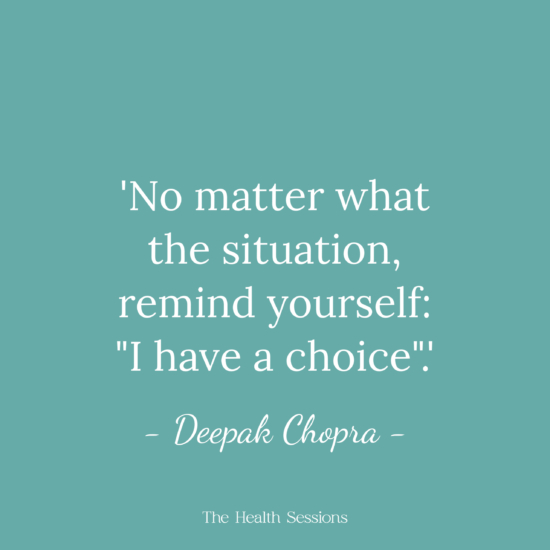
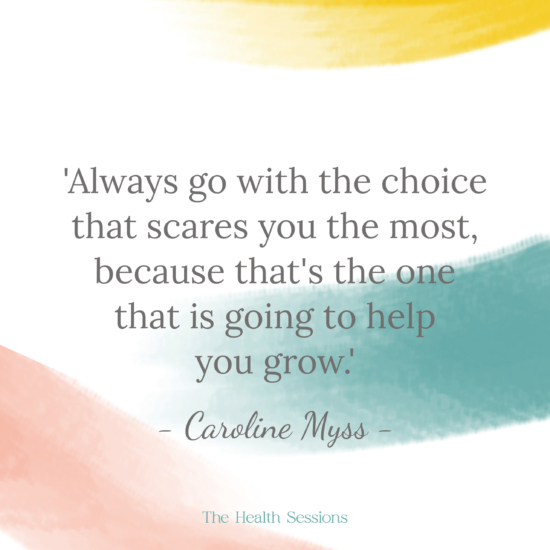
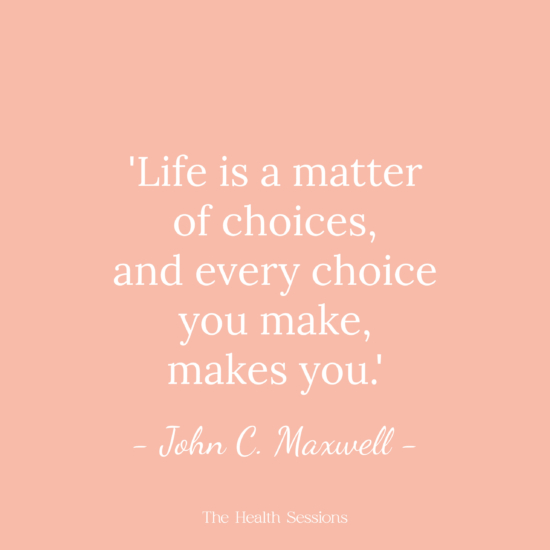
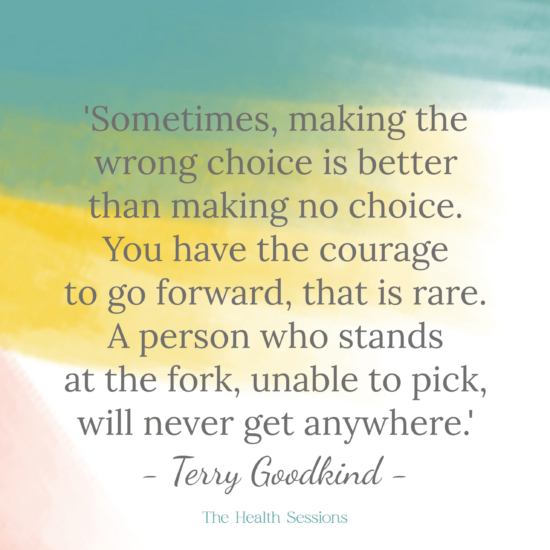
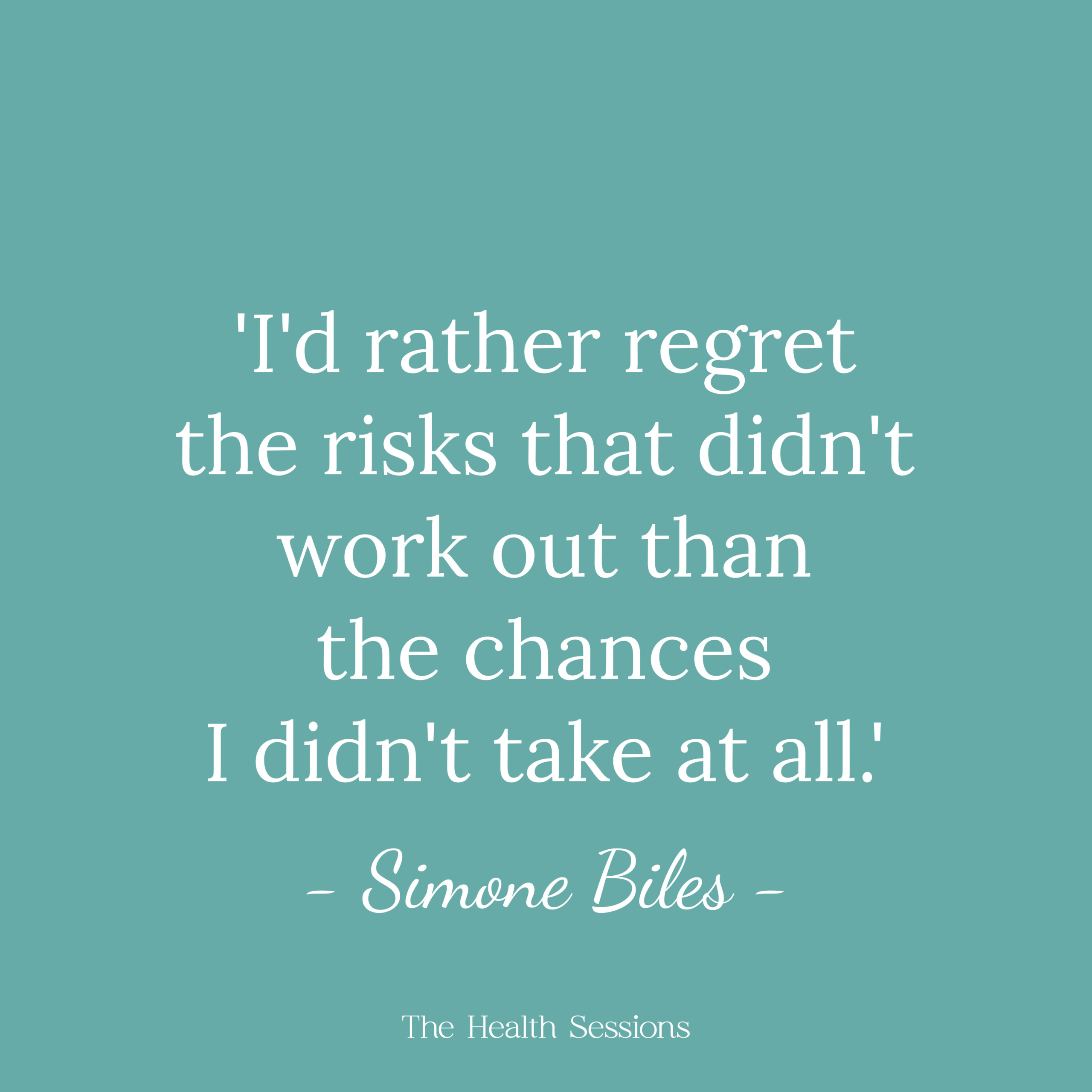
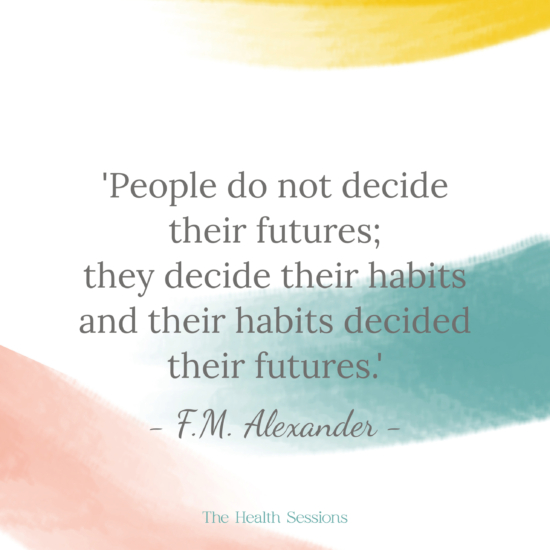
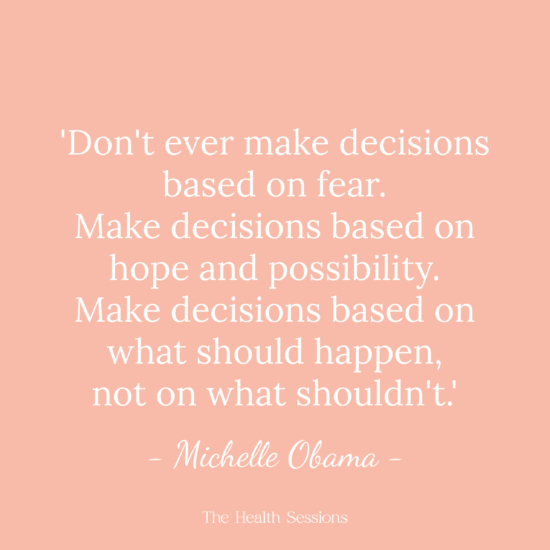
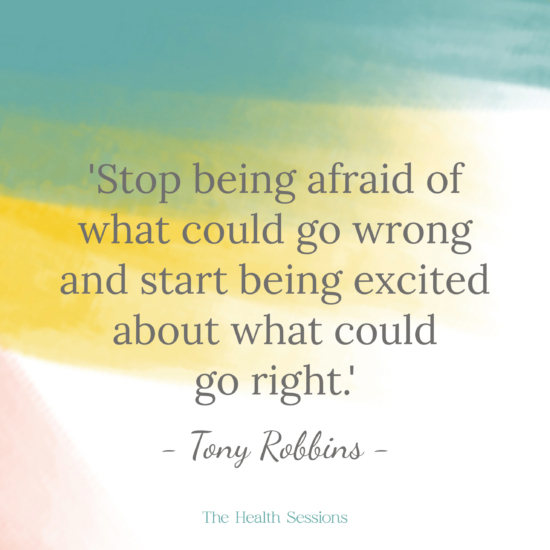
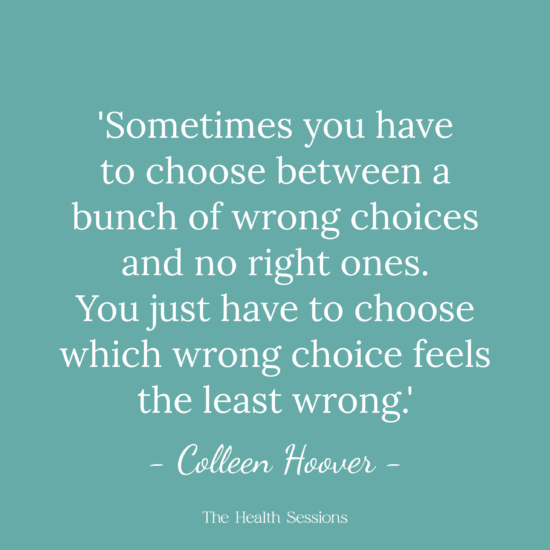
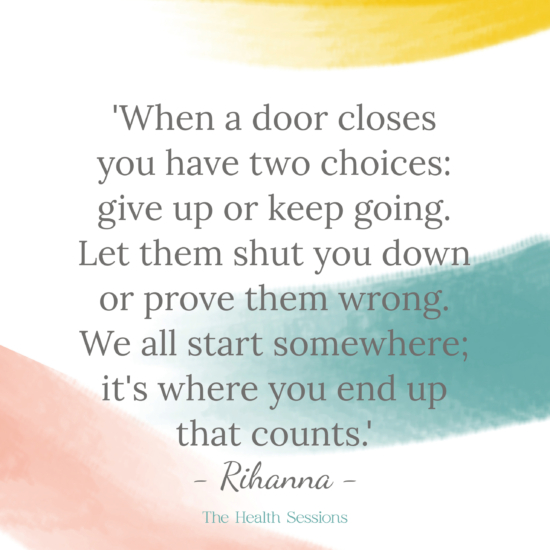
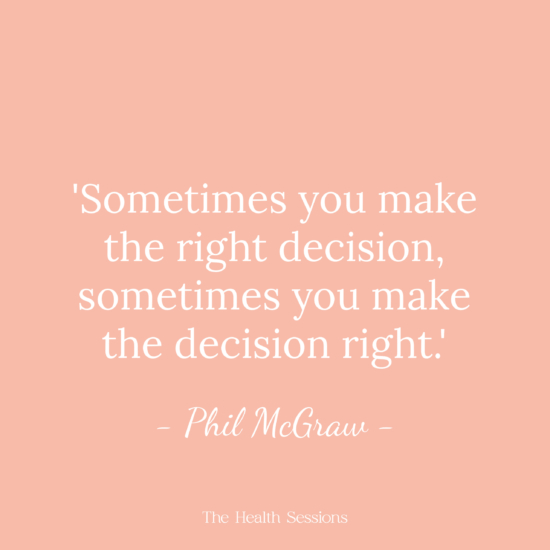
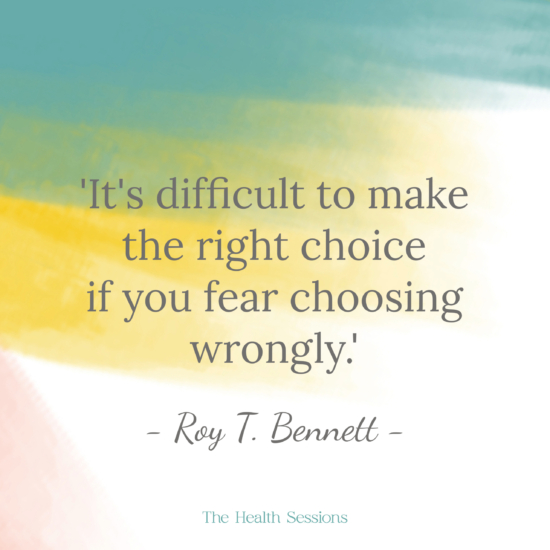
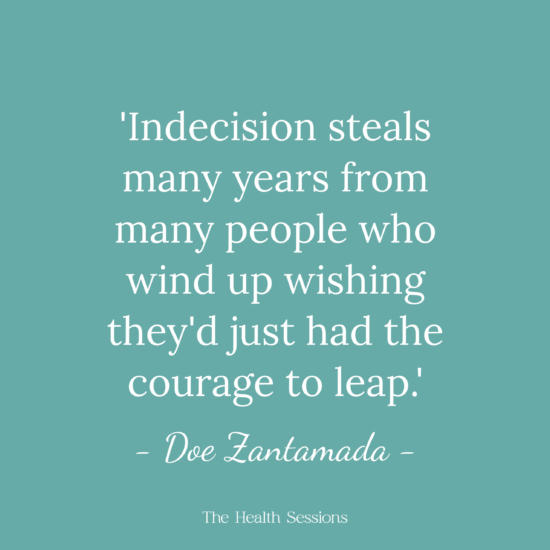
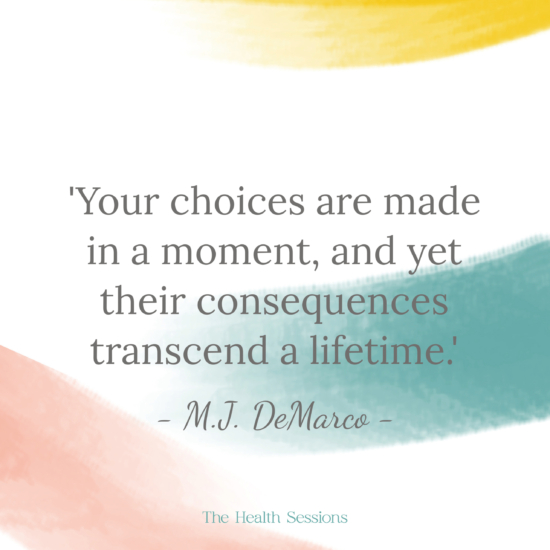
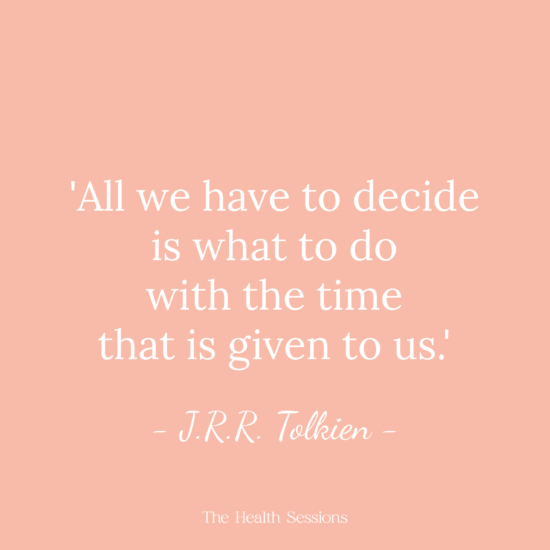
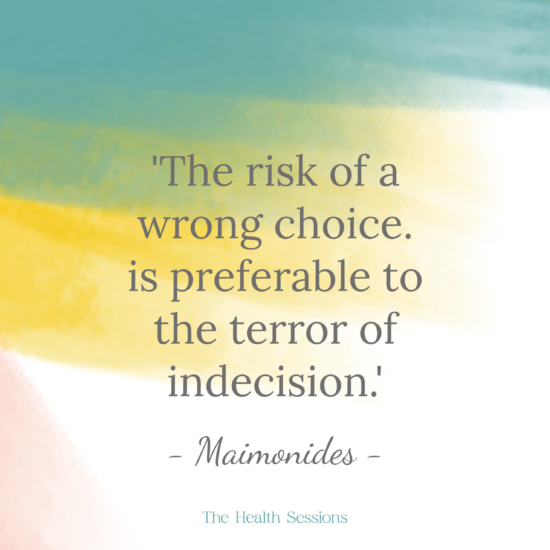
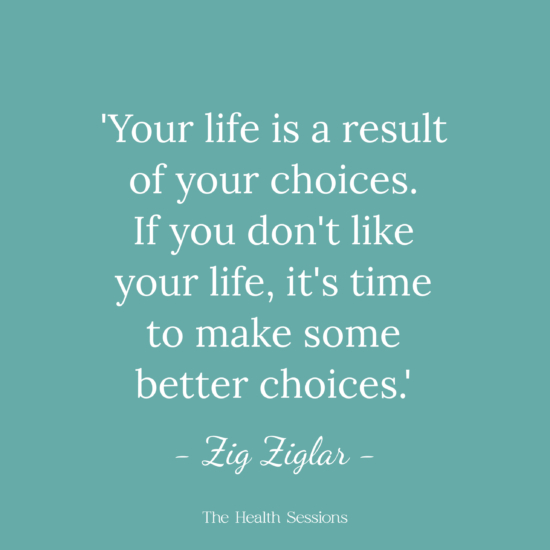
When it comes to making tough decisions, which one of these choices quotes resonates most with you?
You can find more tips on how to handle chronic illness dilemmas in ‘Spoonie Problems: How to Decide When to Push Through and When to Stop and Rest’. Also check out these 12 Quotes That Will Motivate You to Take Action once you’ve made your decision.